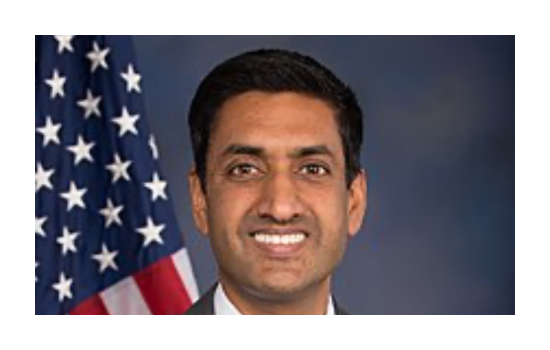Andrew Marantz
The New Yorker, Nov. 2, 2023
“J Street, a center-left lobbying group that describes itself as “pro-Israel, pro-peace,” was joining with groups to its right, like AIPAC to push representatives to co-sponsor the resolution.”
Early this past month, Adam Ramer started a new job. He was just four years out of college, and this would be one of his biggest jobs yet: political director for the reëlection campaign of Ro Khanna, a Democratic representative from Silicon Valley. Khanna, a well-known and popular incumbent with plenty of money in the bank, is in no real danger of losing his election next year; many representatives in his position might not have been hiring campaign staff at all. But Khanna is also ambitious—it’s frequently speculated that he may run for President one day, staking out a pragmatic-populist lane slightly to the right of Bernie Sanders and to the left of Gavin Newsom. Part of Ramer’s job would be to act as a liaison between Khanna and various activist groups, trying to keep the representative in the good graces of his progressive base and to burnish his future reputation.
On October 7th, Ramer’s sixth day on the job, he woke up to the news that Hamas militants had broken through the border fence in Gaza and started slaughtering and kidnapping Israeli civilians. “My first reaction was to be sickened by the bloodshed,” he said. “My second thought was, When Israel responds, it’s going to get so much worse.” Ramer, a redhead with a mustache, is descended from Mennonite pacifists on both sides of his family.
His grandfather, a conscientious objector during the Vietnam War, was later arrested while scattering blood on the walls of the Pentagon, as part of a civil-disobedience action against nuclear weapons. (Ramer’s mother, then twelve, watched her father get arrested. “I’m scared, but I understand why he did it,” she told the Washington Post at the time, her glasses dotted with blood.) In conversation, Ramer talks less about earmarks and executive orders than about vines and fig trees. “I hate politics,” he said. “But it’s the most direct way I have found to try to reduce people’s suffering.”
… [To read the full article, click here]


